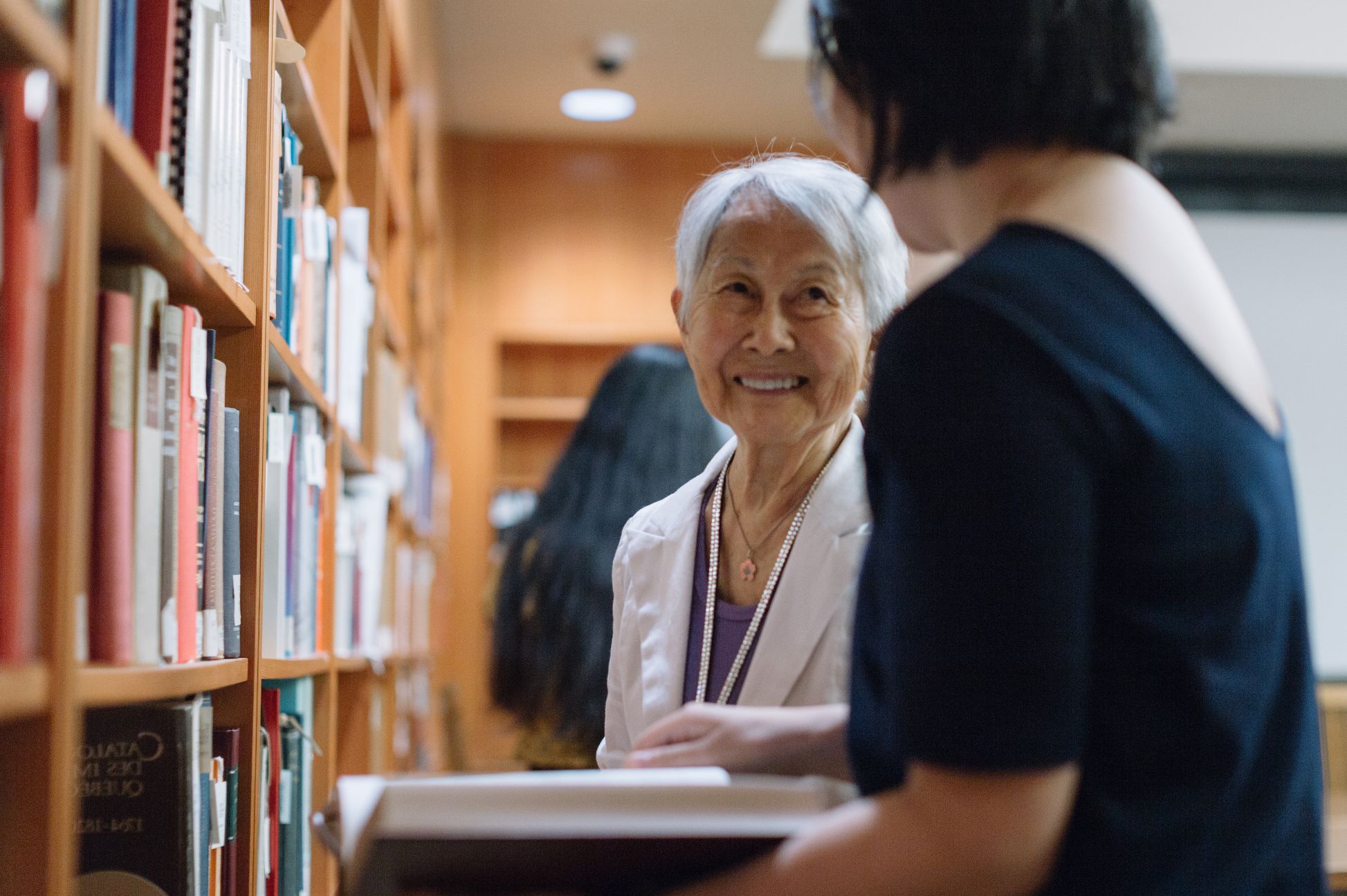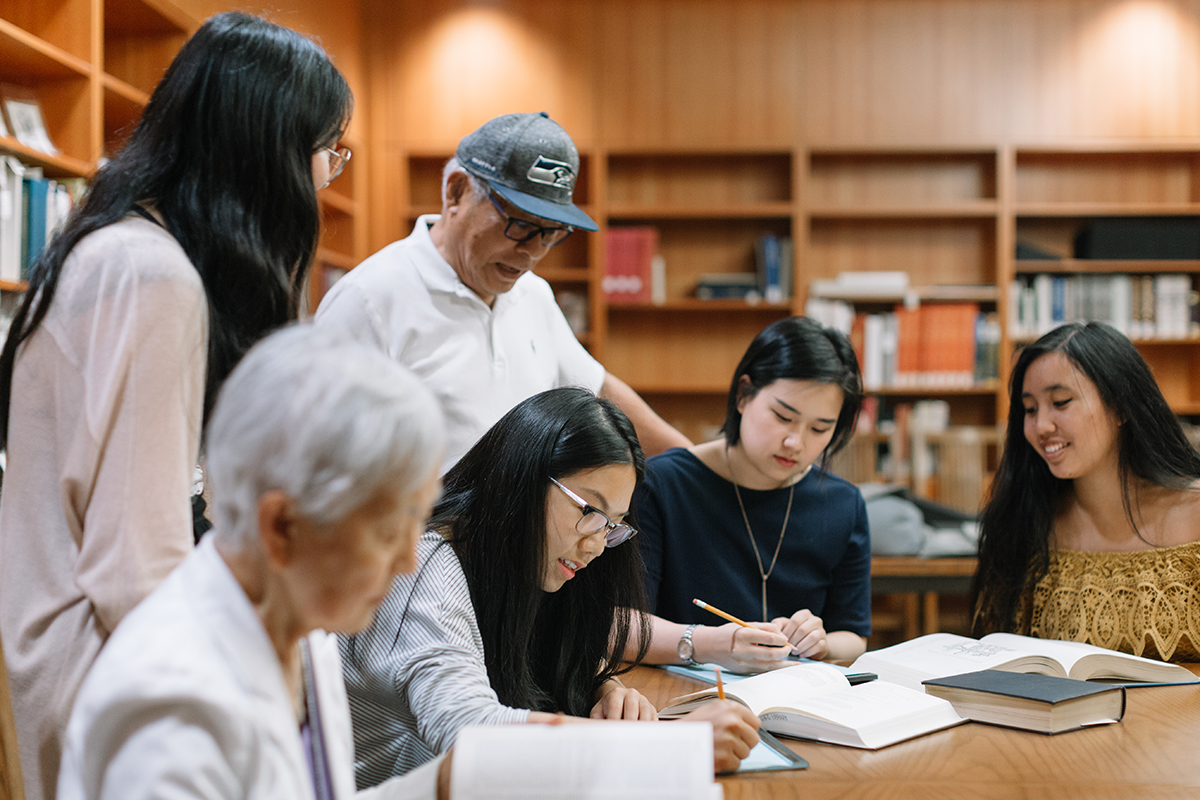What does it mean to be Asian Canadian? How can we shape our future by using the connections between our past and present? The Centre for Asian Canadian Research and Engagement (ACRE) focuses on meaningful community-based research, building a more socially just future for Asian Canadian communities, and beyond.
ACRE will be situated amidst a group of vigorous on-campus anti-racism initiatives to engage the community and continue to:
- Increase financial support for marginalized students.
- Advance academic programs with racial justice, equity and diversity at their cores.
- Build on initiatives stemming from the first National Forum on Anti-Asian Racism.
- Elevate research excellence about Asian Canadian history and culture.
- Continue building strategic long-term partnerships with Asian Canadian Communities.
Housed within UBC Faculty of Arts, ACRE is currently led by an interim executive committee as it continues to develop.
Co-directors:
Dr. Henry Yu
As a history professor, Dr. Henry Yu’s research and teaching has been built around collaborations with local community organizations, civic institutions such as museums, and multiple levels of government. He is passionate about helping Canadians unlearn the cultural and historical legacies of colonialism and to be inspired by the often hidden and untold stories of those who struggled against racism and made Canadian society more inclusive and just. He was the Co-Chair of the City of Vancouver’s Dialogues between First Nations, Urban Aboriginal, and Immigrant Communities, and has served on advisory committees for formal apologies acknowledging historical discrimination and for the implementation of substantive legacy projects at all three levels of government. Prof. Yu received his BA in Honours History from UBC and an MA and PhD in History from Princeton University. He was awarded the Queen Elizabeth II Diamond Jubilee Medal in 2012 and the Province of BC’s Multicultural Award in 2015 in recognition of his research and community leadership.
Dr. John Paul Catungal
Dr. JP Catungal is Interim Director of Asian Canadian and Asian Migration Studies and Assistant Professor in Gender, Race, Sexuality and Social Justice at UBC. A queer, first-generation Filipinx Canadian settler living in unceded Coast Salish territories, JP is an interdisciplinary scholar trained in the nexus of critical geographies and intersectional feminist theorizing. His research, teaching and public facing work generally concern the community organizing and cultural production practices of migrant, racialized and LGBTQ+ communities, with particular interests in the fields of sexual health, education and social services. JP was co-editor of the landmark 2012 volume Filipinos in Canada: Disturbing Invisibility (UToronto Press).
Looking back
Asian Canadian research and engagement at UBC today has been shaped by a longer history of interventions and efforts, particularly by Asian Canadian faculty, students and community members, to address racism within and beyond UBC.
National Forum on Anti-Asian Racism
Asian Canadian and Asian Migration Studies (ACAM)
History of Asian Canadian Archives
Japanese Canadian UBC Students of 1942
Engaging with communities
The Initiative for Student Teaching and Research in Chinese Canadian Studies (INSTRCC) engages and empowers students' to work on community-based projects both locally and globally. With INSTRCC being one of the community engagement initiative partners of ACAM, they provide transformative learning experiences that help shape students understanding of the world we live in and have a real impact on the communities they partner with.
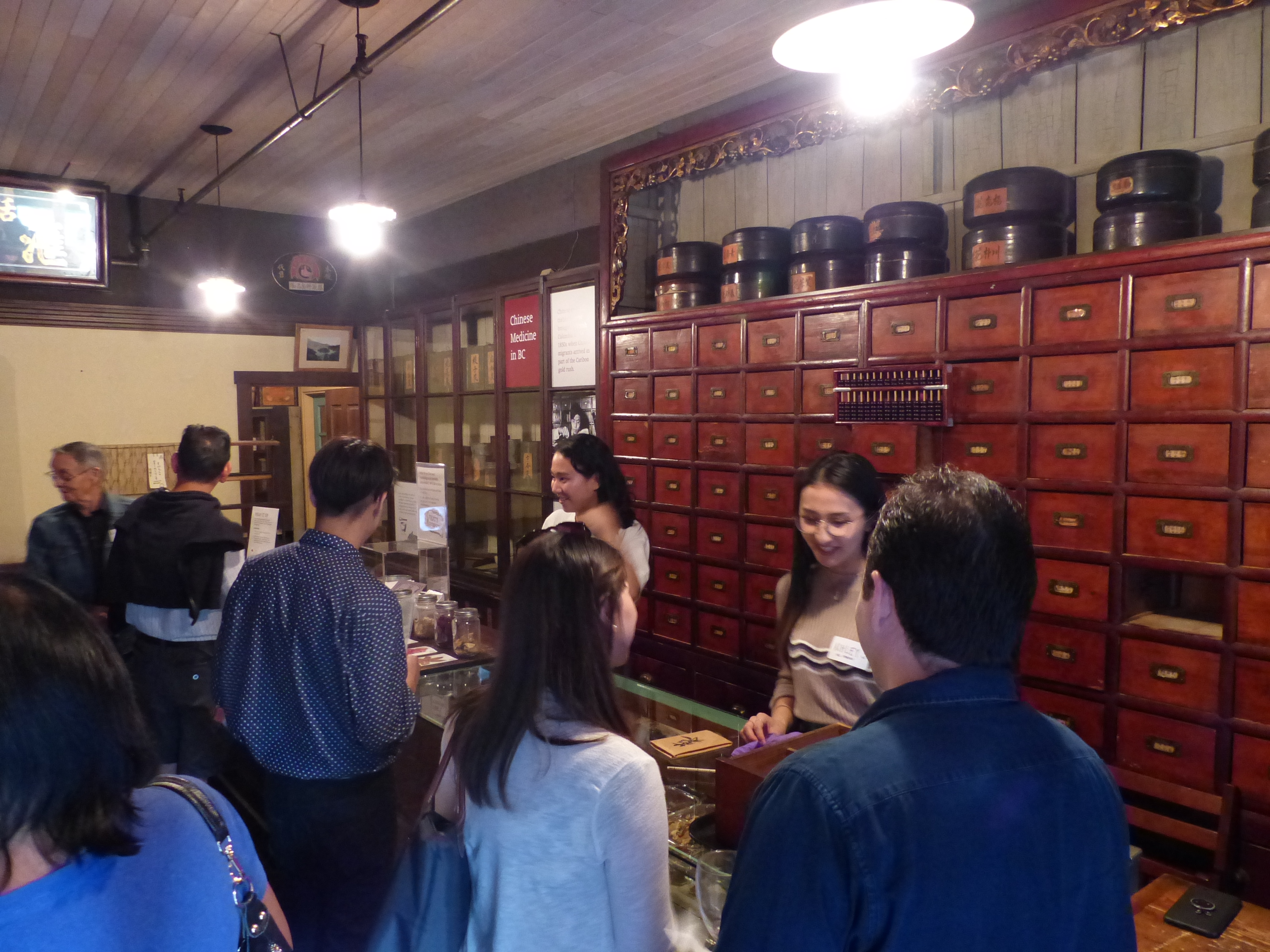
The BVM Market Garden Party (2018)
Celebrating contributors who helped put together the Market Garden display, and the Museum’s partnership with UBC ACAM students.
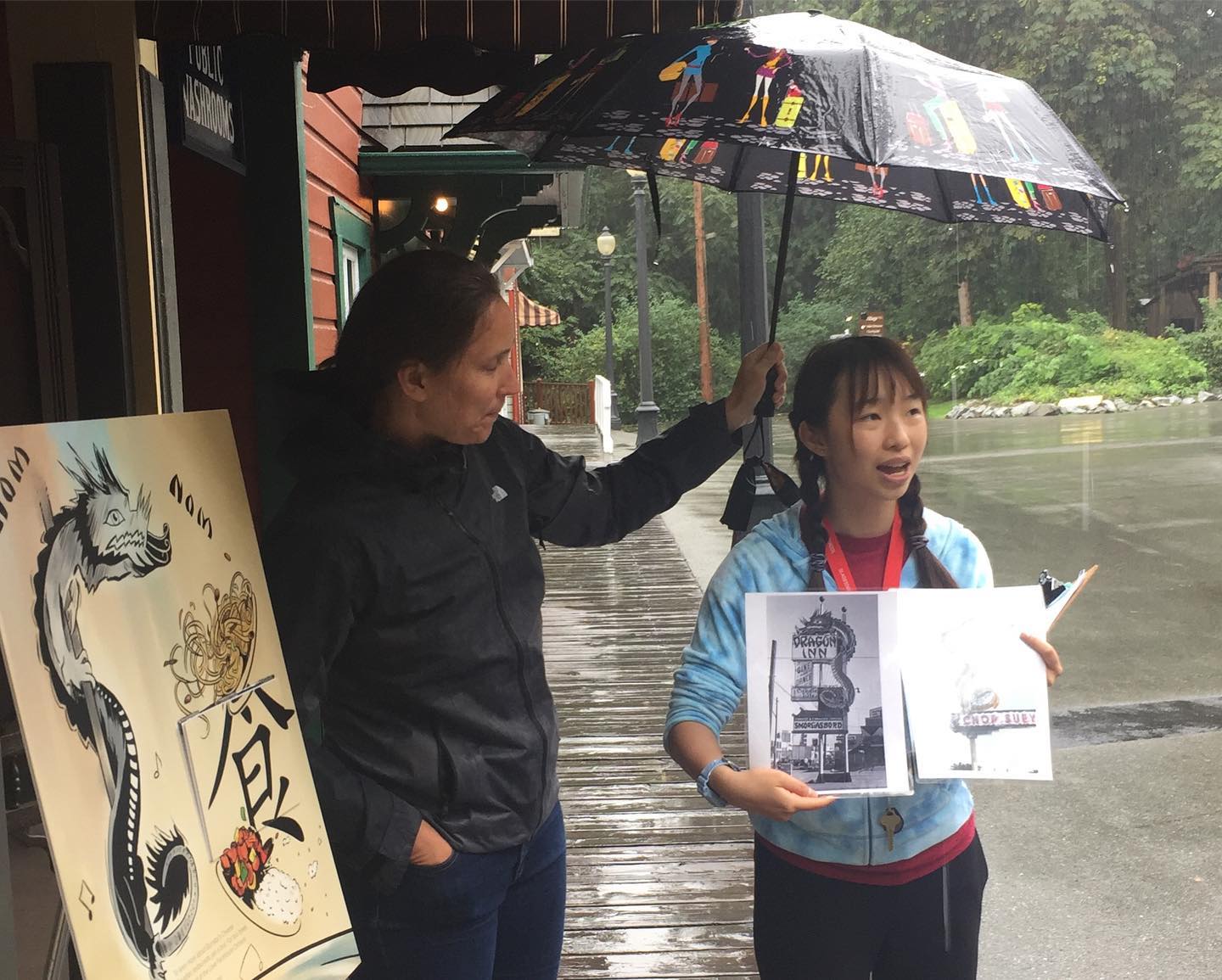
Burnaby Village Museum (2019)
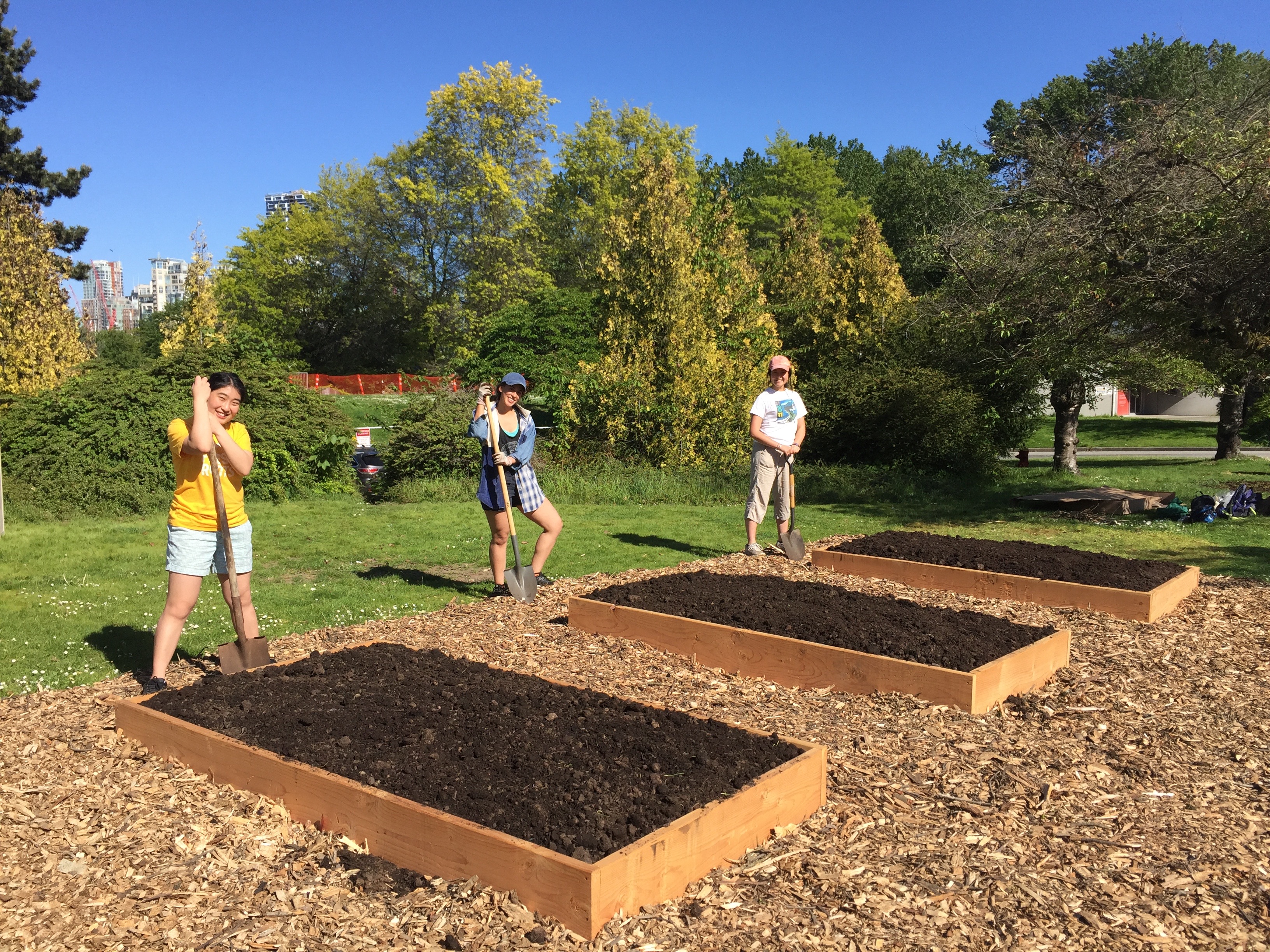
Museum of Vancouver garden building (2019)
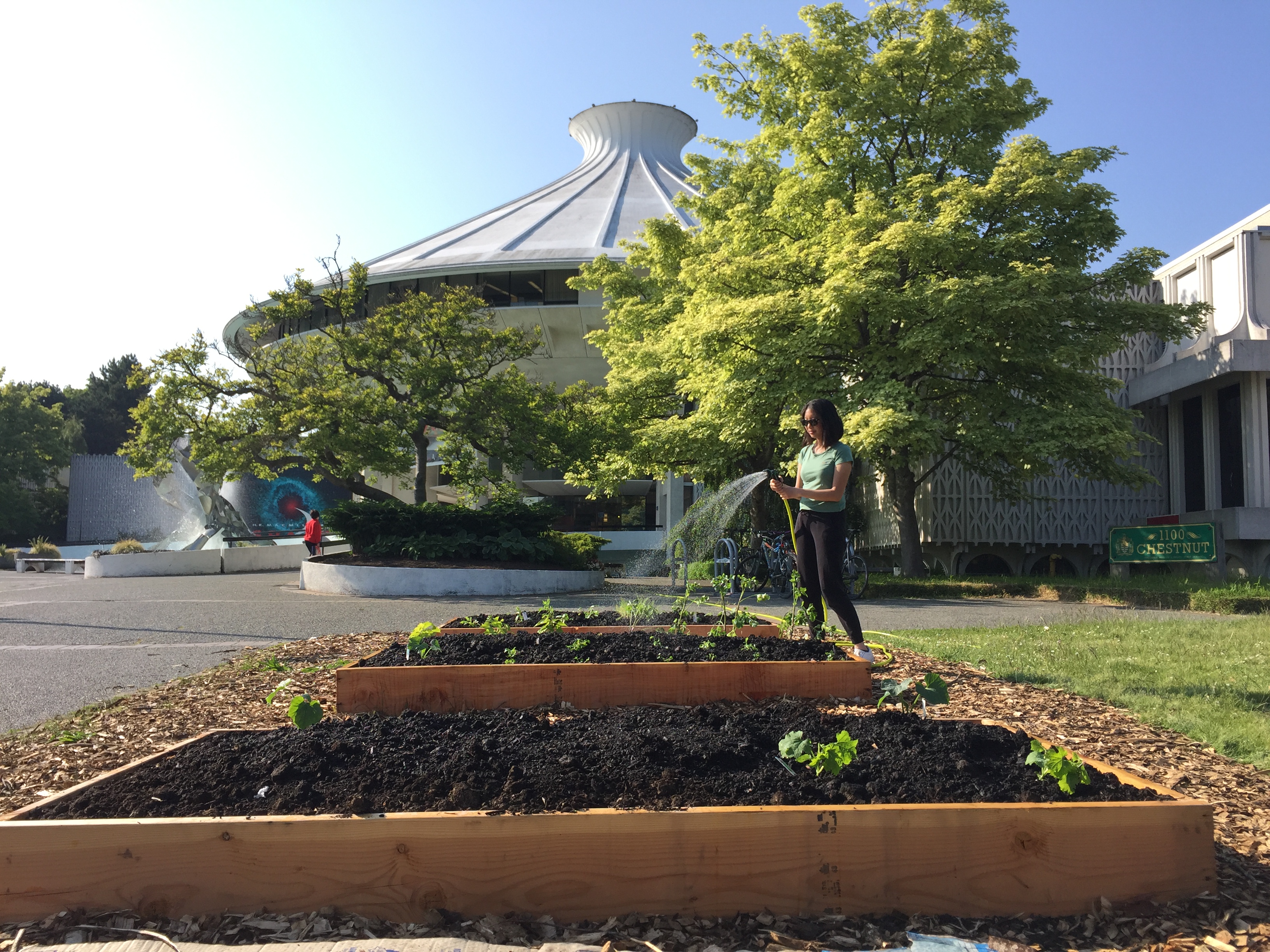
Museum of Vancouver garden building (2019)
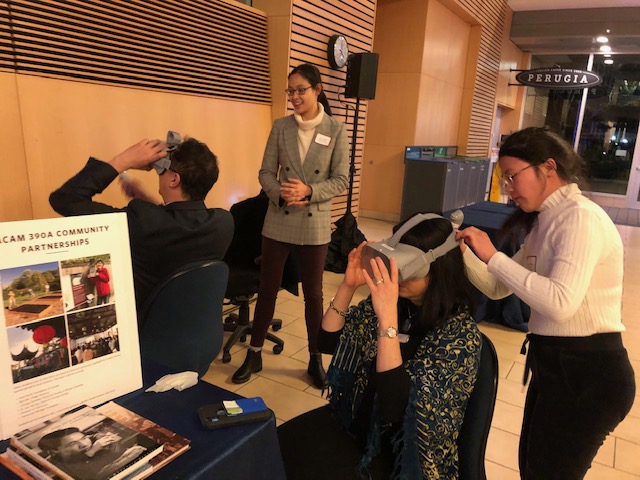
UBC Donors Virtual Reality event featuring UBC President Santa Ono and Wendy Yip (2020)
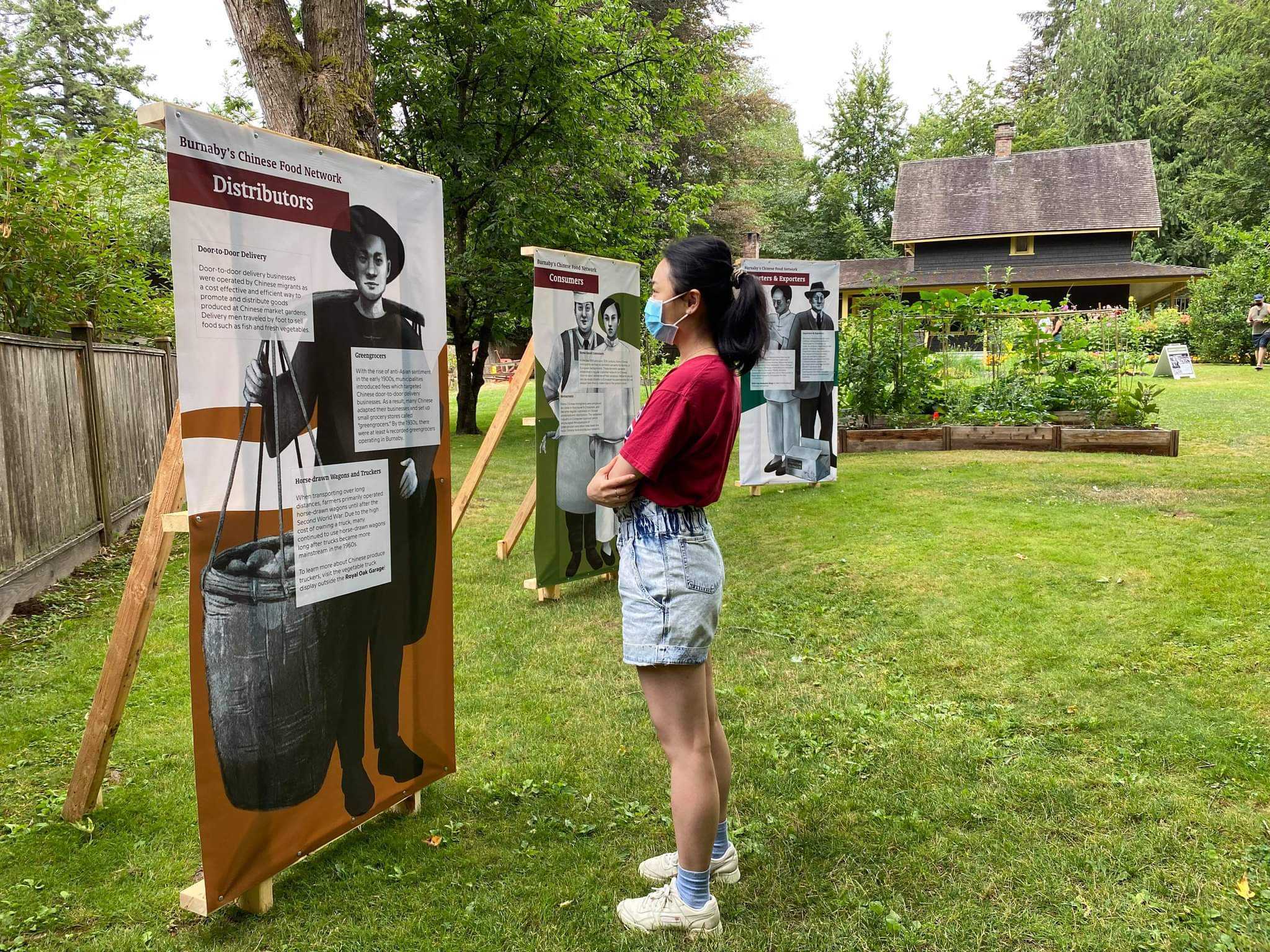
The BVM Market Garden Party (2018)
Celebrating contributors who helped put together the Market Garden display, and the Museum’s partnership with UBC ACAM students.
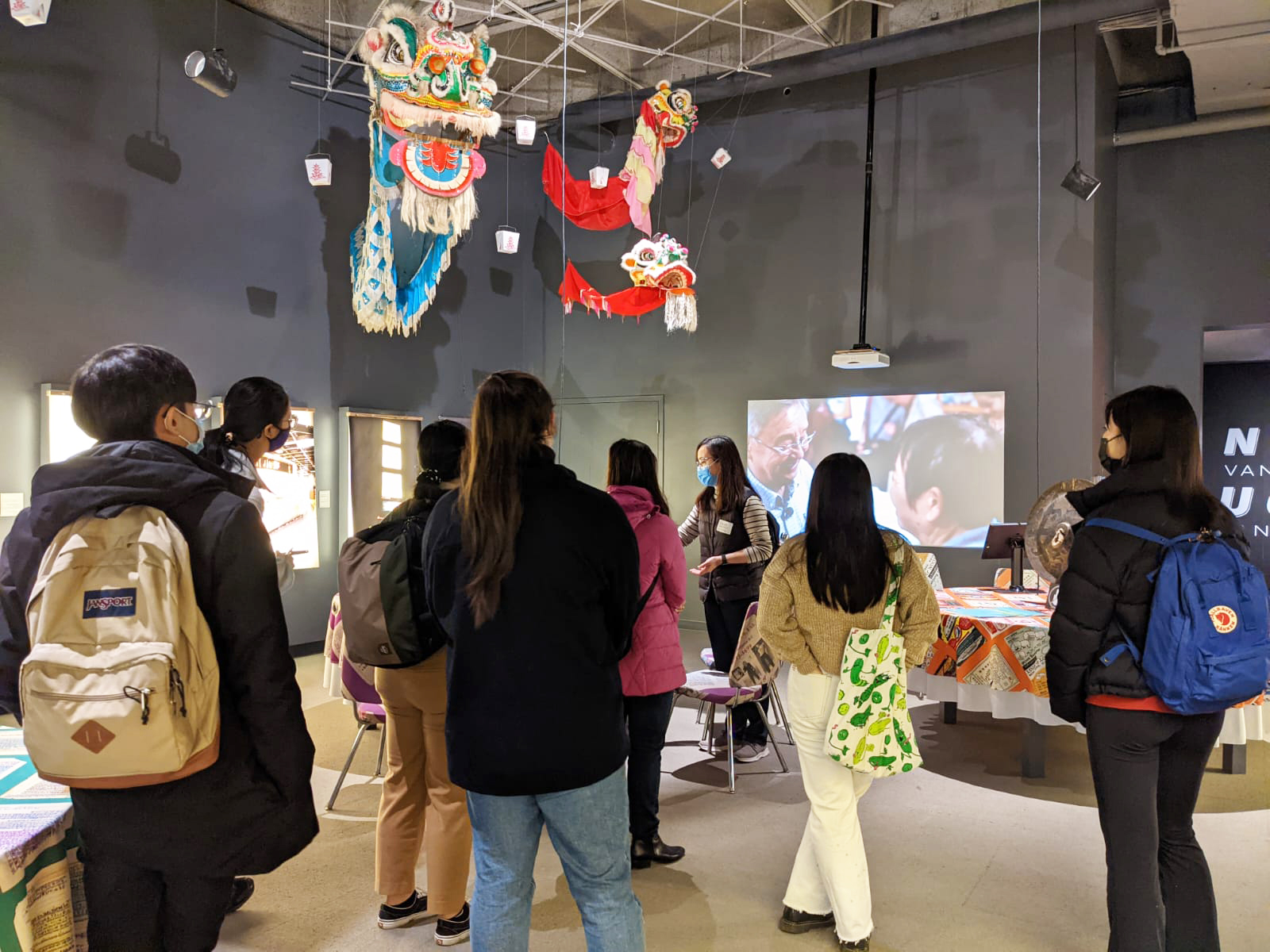
A Seat at the Table Field Trip (2021)
Student field trip to the Museum of Vancouver co-hosted by ACAM and Wellness IBPOC Mentors program.
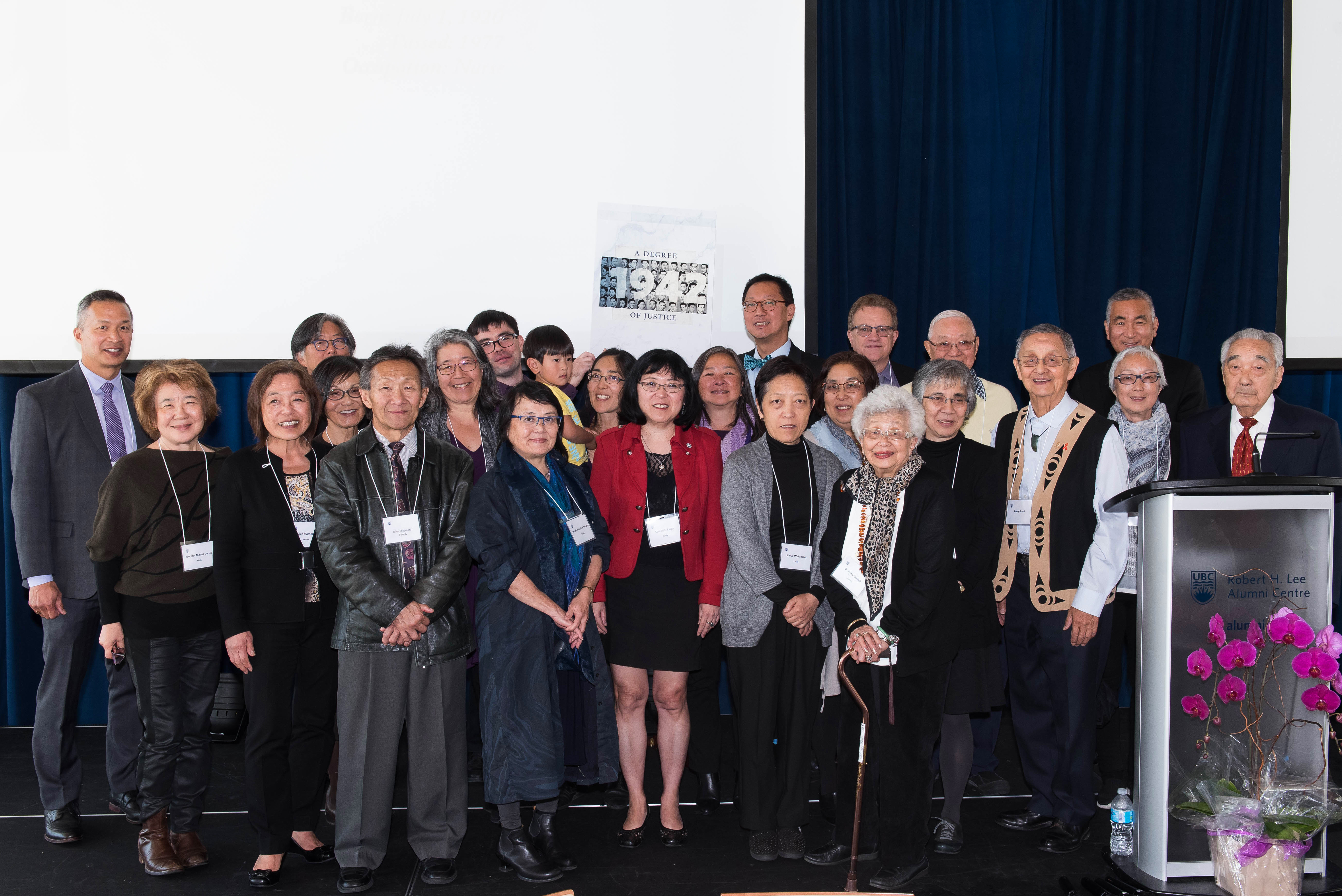
Day of Learning (2017)
Unveiling of a special yearbook for the 76 Japanese Canadian students forcibly removed in 1942 at UBC Day of Learning.
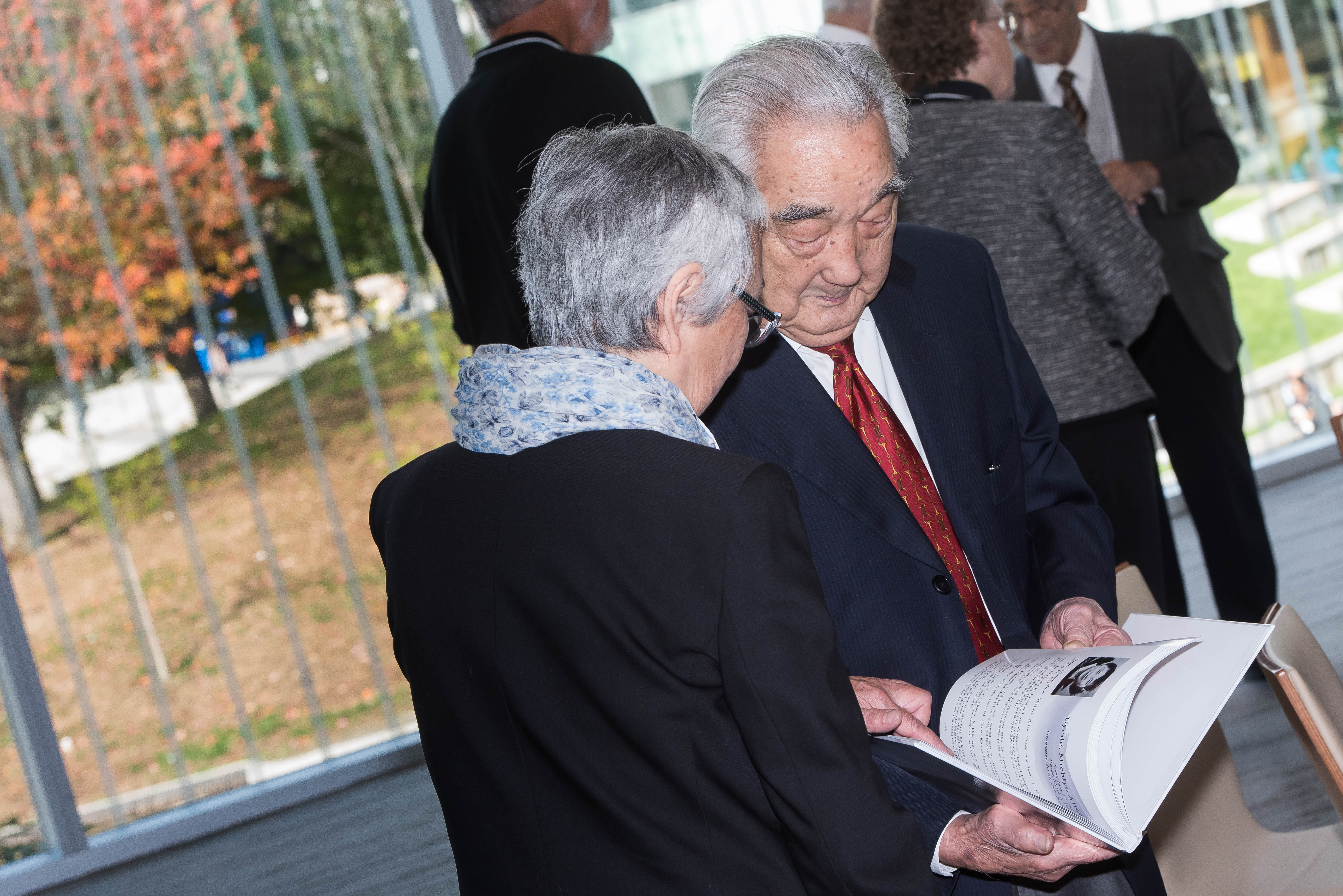
Day of Learning (2017)
Unveiling of a special yearbook for the 76 Japanese Canadian students forcibly removed in 1942 at UBC Day of Learning.
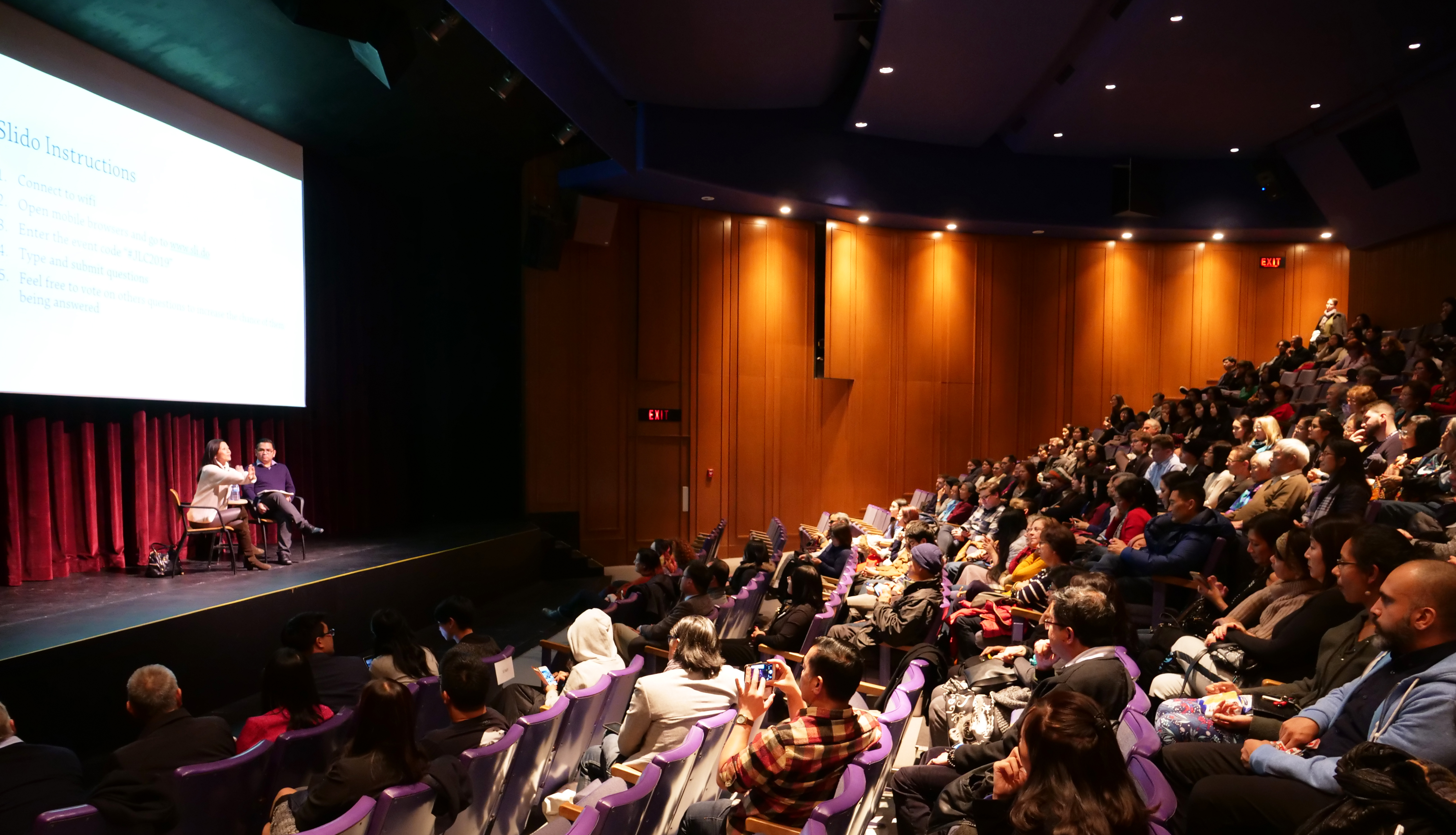
Joy Luck Club Screening (2019)
Retrospective screening of Joy Luck Club featuring Tamlyn Tomita
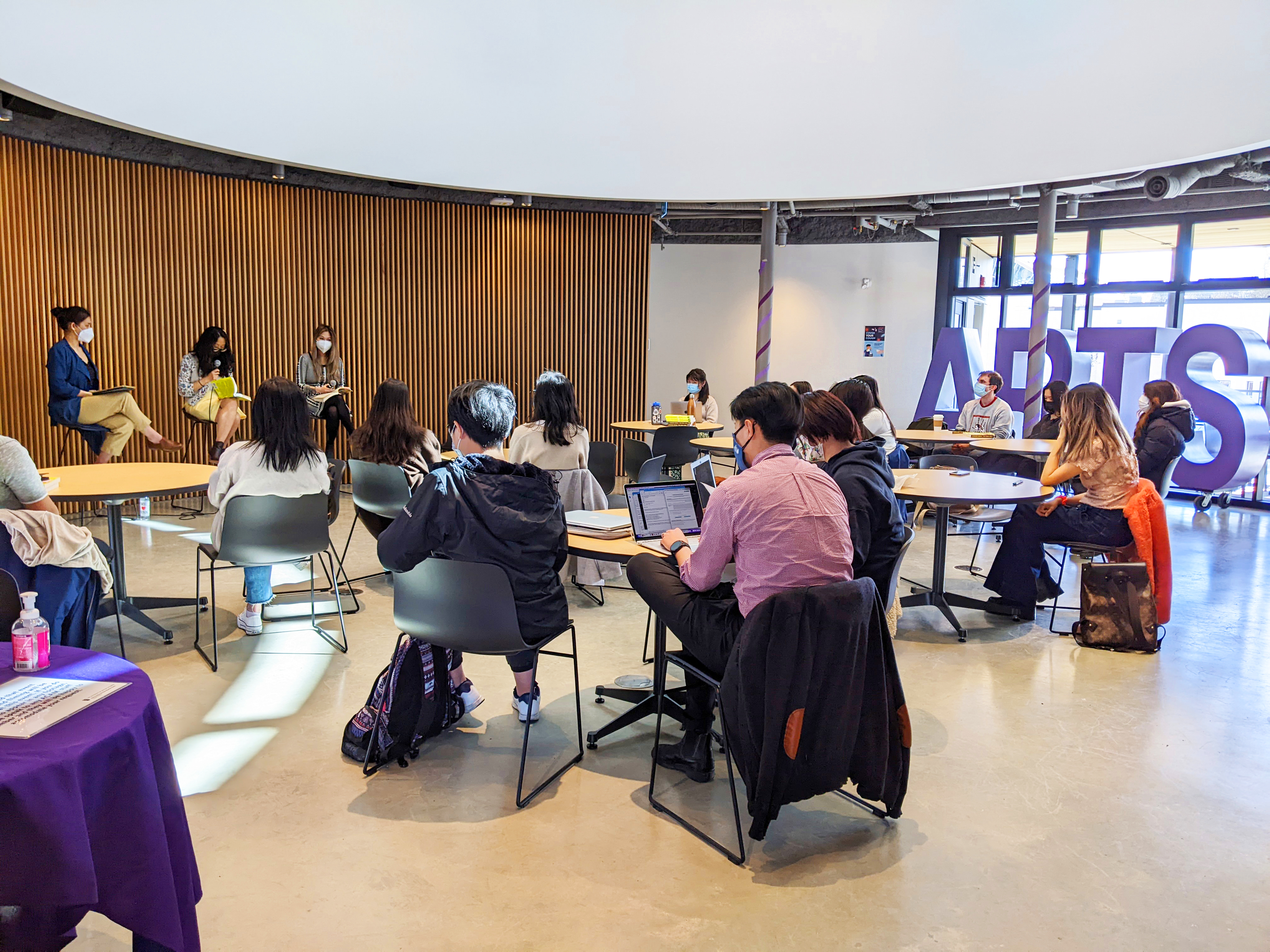
Stories that Haunt Us (2022)
ACAM and Creative Writing co-hosted the Stories that Haunt Us event featuring Asian Canadian writers Lindsay Wong and Jamie Liew.
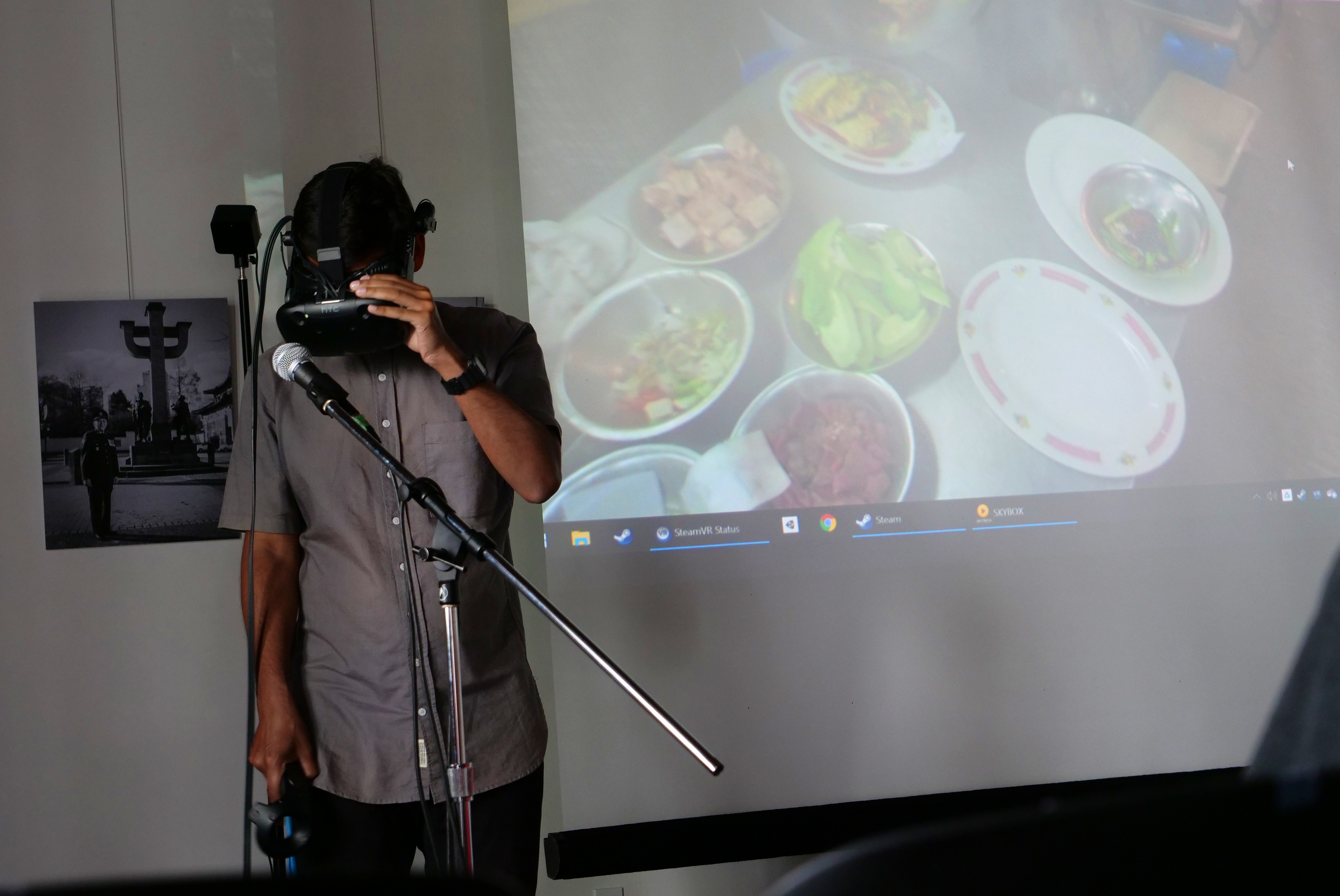
Community Showcase at Dr. Sun Yat-Sen Classical Chinese Garden (2019)
Students in ACAM390A are encouraged to utilize innovative technology to enhance the impact of their community projects.
